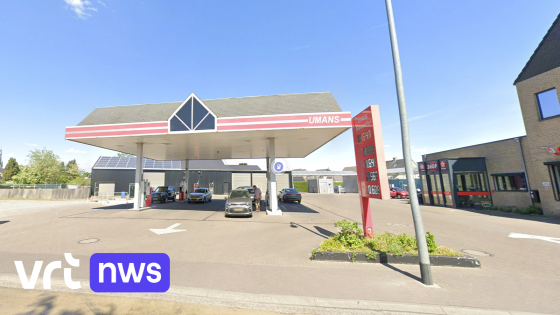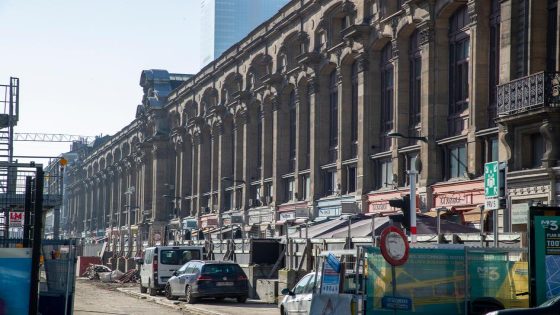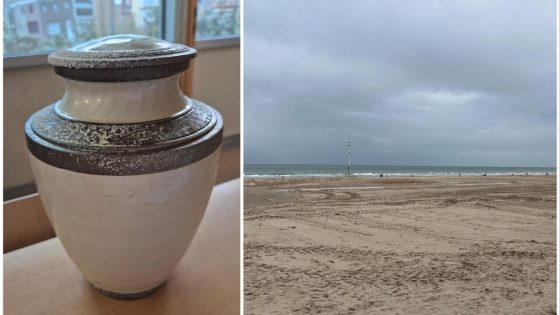Belgium is set to tighten its prison regime for serious drug offenders, a move aimed at curbing the rising influence of drug-related crime. Justice Minister Annelies Verlinden (CD&V) announced plans to adopt stricter measures inspired by approaches in Italy, France, and the Netherlands. This development, reported on 2025-07-16 15:37:00, signals a significant shift in Belgium’s criminal justice policies.
- Minister Verlinden tightens prison regime
- Targets severe drug criminals' incarceration
- Gazet Van Antwerpen reports policy change
- Inspires measures from Italy, France, Netherlands
- Justice Ministry confirms enforcement plans
How do these neighbouring countries handle severe drug criminals, and what lessons can Belgium draw from their systems? With drug trafficking and organised crime continuing to challenge public safety, the question arises: will harsher prison conditions effectively reduce recidivism and dismantle criminal networks?
Exploring these international models offers insight into Belgium’s upcoming changes and what they might mean for local communities and law enforcement.
What impact can these tougher measures have on Belgium’s fight against drug crime? While harsher prison conditions may deter repeat offenders, balancing human rights and effective rehabilitation remains crucial. Key points include:
- Italy’s use of strict isolation for high-risk inmates to disrupt criminal coordination
- France’s focus on intensive monitoring and limited privileges for drug traffickers
- The Netherlands’ combination of security and rehabilitation programs tailored to offender risk
- Potential challenges in implementing similar regimes within Belgium’s prison system
As Belgium moves forward with these reforms, ongoing evaluation will be essential. Will stricter prison regimes lead to safer streets, or should complementary social measures be enhanced? Citizens and policymakers alike should stay engaged as the new policies take shape.
































